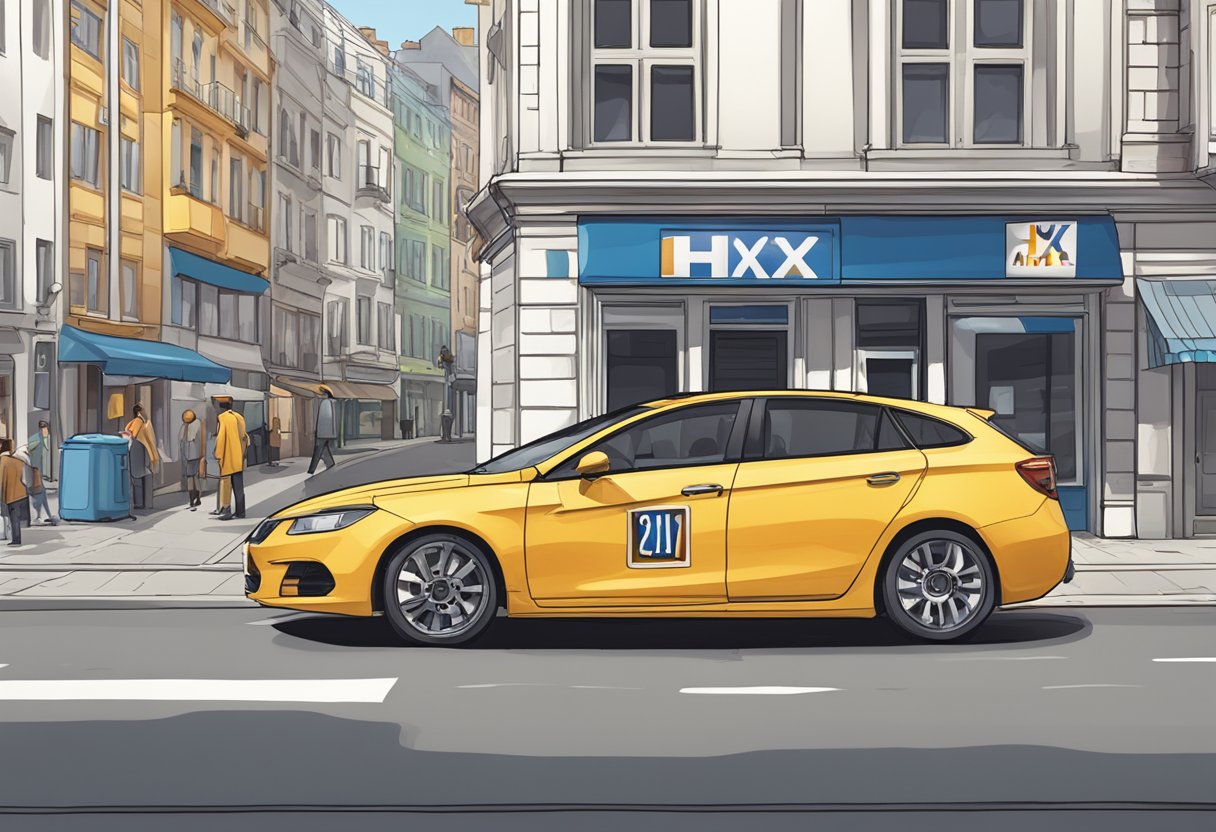Unlocking Norway's 2025 Electric Vehicle Incentives: Everything You Need to Know
As Norway continues to champion sustainability and electric mobility, exciting developments in electric vehicle (EV) incentives are on the horizon for 2025. This article unveils what to expect from Norway's electric vehicle incentives in 2025 and how stakeholders can take advantage of the benefits.

Understanding Norway's Commitment to Electric Vehicles
Norway has long been a leader in promoting electric vehicles, with ambitious goals to reduce carbon emissions and shift towards a fully electric transportation system. By 2025, the nation aims to sell only zero-emission vehicles. This vision is supported by a variety of incentives aimed at making EV ownership more attractive to consumers.
Current State of Electric Vehicle Incentives in Norway
Before diving into what to expect in 2025, it’s essential to understand existing incentives. As of now, electric vehicle owners in Norway enjoy:
- Exemption from VAT and Import Taxes: EVs are exempt from the 25% Value Added Tax (VAT) and import taxes, making them significantly cheaper than traditional vehicles.
- Free Access to Toll Roads: Electric vehicles can pass through toll stations without fees in many regions, an attractive benefit for frequent travelers.
- Free Parking: Many municipalities offer free parking for EVs, making urban driving more economical.
- Access to Bus Lanes: EV owners can use bus lanes, reducing travel times significantly.
- Subsidies for Charging Infrastructure: The government has provided funding for home charging setups and public charging stations.
Norway Electric Vehicle Incentives 2025: What’s New?
The year 2025 marks a significant milestone for Norway in its quest to achieve a greener transport system. With the upcoming changes, here are some expected incentives:
1. Enhanced Financial Incentives
While existing VAT exemptions continue, Norway is expected to enhance financial incentives for EV buyers. The government might introduce:
- Direct Purchase Grants: An increase in specific grants for consumers purchasing EVs, particularly for lower-income households.
- Trade-In Bonuses: Incentives aimed at encouraging owners of old combustion-engine vehicles to switch to EVs.
2. Expansion of Charging Networks
In 2025, Norway plans to broaden its charging infrastructure substantially. The government is likely to offer incentives for:
- Home Charging Solutions: Additional subsidies for homeowners to install charging stations.
- Public Chargers: Investments in fast-charging stations, especially in rural and underserved areas, increasing accessibility for EV users.
3. Eco-Friendly Driver Benefits
To further incentivize green driving, the Norwegian government is exploring additional perks for EV drivers:
- Eco Bonuses: Implementing a bonus system for EV drivers who demonstrate sustainable driving habits (e.g., smooth acceleration and braking).
- Tax Benefits: Adjustments to existing tax rates to favor electric vehicles over fossil-fuel alternatives.
4. Pilot Programs for Autonomous Electric Vehicles
As EV technology progresses, 2025 may also see pilot programs focusing on autonomous electric vehicles (AEVs). These initiatives may offer incentives such as:
- Subsidies for AEV Deployment: Encouraging businesses to invest in fleets of autonomous EVs.
- Shared Mobility Programs: Developing public transport solutions using AEVs that may feature reduced fares for users.
Challenges and Considerations
While the outlook for 2025 is promising, some challenges remain. Critics point to potential gaps in:
- Infrastructure Development: Ensuring that charging infrastructure keeps pace with increasing EV adoption.
- Consumer Awareness: Improving public knowledge about the benefits and usage of EVs.
Strategic communication from the government and private sector can mitigate these challenges, ensuring a smooth transition to the expected new initiatives.
Conclusion: Embracing the Future of Mobility
Norway's electric vehicle incentives for 2025 illustrate the country's unwavering commitment to reducing emissions and embracing sustainable technology. By preparing for these changes, consumers and businesses can play a pivotal role in shaping a cleaner, greener future. As these incentives take shape, stakeholders must stay informed and engaged, ensuring they can take full advantage of the opportunities ahead.
For more detailed information about current EV policies and future incentives, check the official Fjordkraft website which provides updates regularly.
New posts

The Rise of E-Mobility Start-Ups: Transforming the Future of Transportation
Electric Vehicles

Understanding the Percentage of Electric Cars in Norway: A Comprehensive Analysis
Sustainability

Exploring Electric Car Battery Swap Stations: A Revolutionary Solution for Sustainable Transportation
Electric Vehicles

Latest E-Mobility News: Trends, Innovations, and Insights
Sustainability

The Future of Performance: Exploring Audi Quattro Electric Technology
Sustainability

Understanding Bio Hybrids: Revolutionizing Biotechnology
Technology

Bio Hybrid vs Electric: Which Is the Future of Sustainable Driving?
Innovation

Exploring the Audi Quattro Electric Range: Performance, Efficiency, and Features
Electric Vehicles

Audi Quattro Electric vs Tesla Model Y: A Comprehensive Comparison
Electric Vehicles

What to Expect from Bio Hybrid Cars in 2025
Sustainability
Popular posts

The Rise of Polestar Motorcycles: A Comprehensive Look at This Exciting New Player
Sustainability

Maximize Your EV Experience with a Wallbox Garage: All You Need to Know
Home Improvement

Exploring NIO Power Swap Stations: Revolutionizing EV Ownership
Sustainability

Exploring Apple Project Titan: The Future of Autonomous Vehicles
Innovation

How Do Electric Car Incentives Work? A Detailed Guide
Sustainability

The Rise of Eco-Friendly SUVs: What You Need to Know
Sustainability

Hydrogen vs Electric Cars: A Comprehensive Comparison
Sustainability

The Latest Insights and Trends in EVNews: Your Go-To Source for Electric Vehicle Updates
Sustainability

Unveiling the Latest E-Mobility Trends in Europe
Technology

Exploring the World of EV Magazines: Your Ultimate Guide
Sustainability